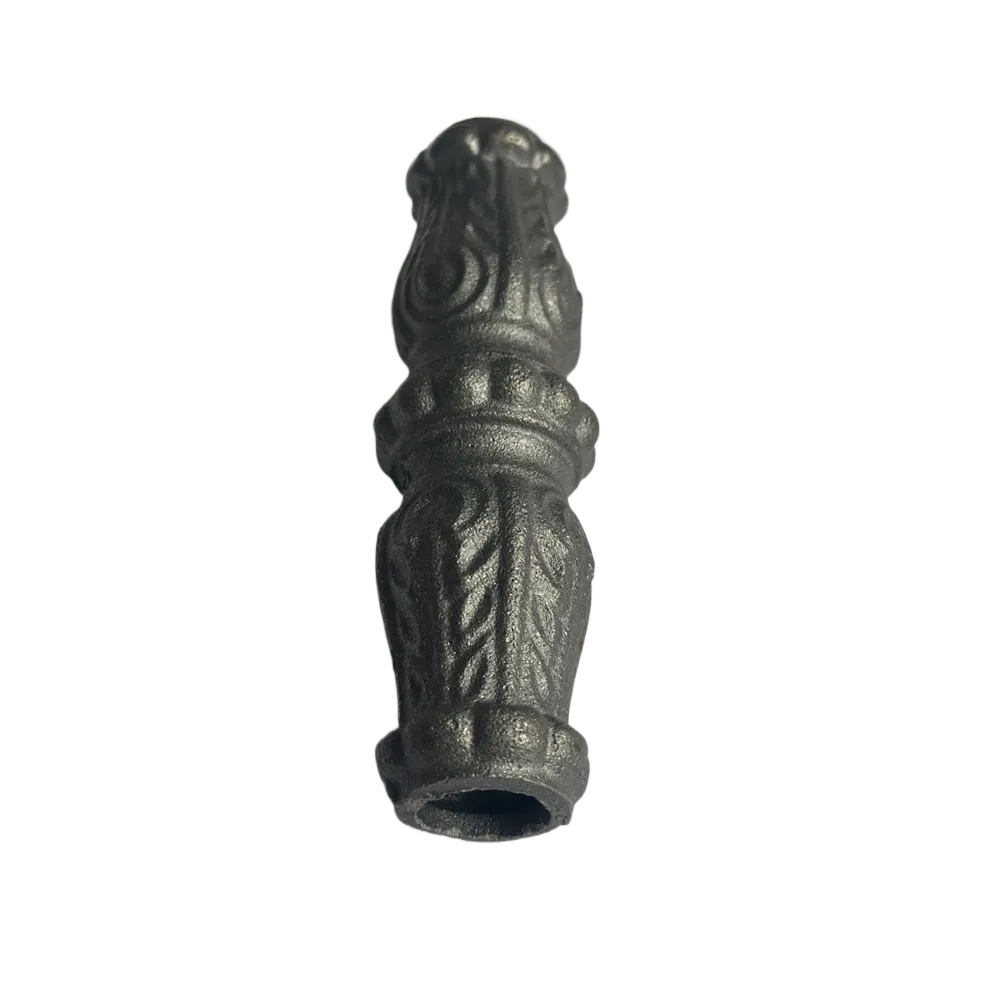If the diarrhea is caused by an infectious agent, appropriate antimicrobial therapy may be required. However, it’s essential to work with a veterinarian to determine the specific cause of diarrhea and to choose the appropriate treatment plan, as misuse of antibiotics can contribute to resistance.



